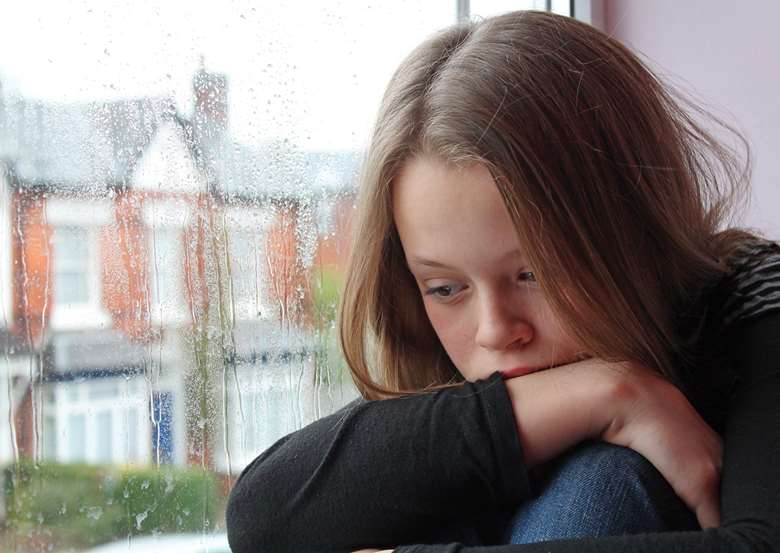Daily roundup 19 June: Loneliness fund, hygiene poverty, and predicted grades
Neil Puffett
Tuesday, June 19, 2018
Government fund to tackle loneliness to include £1m for young people's projects; survey finds many parents struggling to afford basic hygiene products for their children; and call for end of use of predicted grades to apply for university, all in the news today.

Initiatives that tackle loneliness among young people will be able to apply for funding as part of government efforts to tackle the issue. The Department for Digital, Culture, Media and Sport said £1m has been allocated specifically for programmes that bring people together to tackle loneliness among young people as part of a new £11m Building Connections Fund. The fund will open to bids from next month, with grants available until the end of December 2020.
Primary school children are arriving for their lessons unwashed and in dirty clothes because their parents cannot afford to buy washing powder, soap or shampoo, a study has found. The Guardian reports that a survey conducted by charity In Kind Direct, which receives donated goods from companies and distributes them to UK charities, found that 43 per cent of parents said they have had to go without basic hygiene or cleaning products because they can't afford them, while 18 per cent admit their child wears the same underwear at least two days in a row.
Universities in the UK should stop using predicted grades when people are applying for places, lecturers and head teachers have said. The BBC reports that a study from the University and College Union found that no other developed country uses such a system of forecasts of results for university admissions. They said most predicted grades turn out to be incorrect.
Up to 40 offenders under the age of 18 may have been held in solitary confinement in youth jails, campaigners say. The Times reports that the Howard League for Penal Reform received 40 calls in the 12 months to March about concerns that young people were being held in conditions amounting to solitary confinement.
Children who eat more or less when stressed or upset have learned the behaviour rather than inherited it, a study has found. The BBC reports that academics from University College London found home environment was the main cause of emotional eating. This was due to parental behaviours including giving upset children their favourite food to soothe them.




